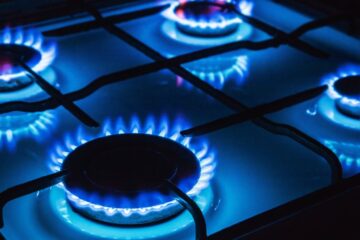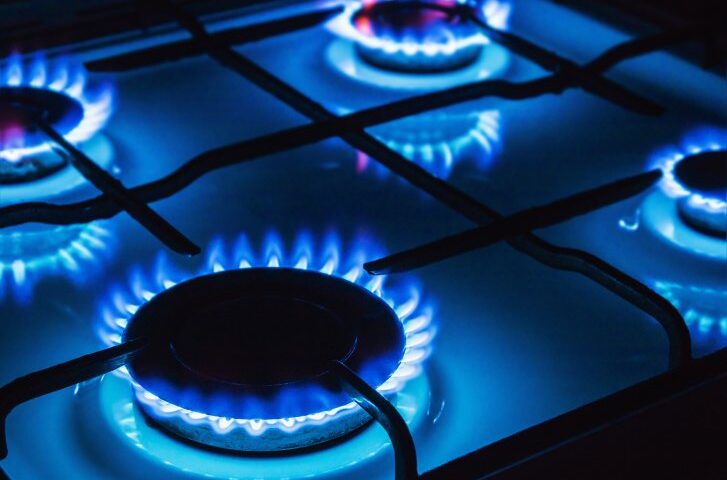
Advantages and Disadvantages of Propane

As with any fuel source, propane has its advantages and disadvantages. While propane is easier to obtain in most states, it must be transported. Propane is less efficient in heating homes and requires more energy to heat the same space as oil. There are also some disadvantages to using propane, such as the amount of space it takes up. While its benefits far outweigh the disadvantages, propane may not be right for you.
While propane is a relatively clean fuel, it is still flammable and prone to leaks. If the tank is punctured or ruptured, the contents will vaporize and ignite. This will cause a massive fire. Propane tanks must be properly sealed and piped to prevent leaks. Propane tanks also need to be properly maintained and moved to avoid accidents. As a result, these fuels are dangerous to use and must be properly maintained.
One of the biggest advantages of using propane is its cost. It is cheaper to use than other fuel sources. It also produces fewer greenhouse gasses. Additionally, it is easier to obtain and has a lower price tag. Propane does not clog furnaces and appliances, which means you’ll save on maintenance and repairs. However, propane has disadvantages as well. While the initial costs of propane equipment are lower, the payback time is shorter. And, considering the cost of propane, it’s a good option for those who need to power a variety of appliances.
Although propane is highly efficient, it is also flammable, posing a risk of carbon monoxide poisoning. Propane poisoning is similar to frostbite. Propane can kill if inhaled or swallowed, so it’s best to avoid using it around children and pets. Propane must also be stored properly to avoid accidents. If it leaks from a tank, propane can explode and kill. Also, propane must be piped to homes or businesses.
Another disadvantage of propane is the lack of a central distribution system. Propane is not fed through pre-established networks of pipes. This means that you have to arrange for regular deliveries. Propane tanks need to be emptied periodically. You also have to deal with maintenance, which can be costly. Propane tanks are often unsightly. And, they can also cause rust and interfere with the propane’s odor. If you are considering using propane for your home or business, make sure that you get your tank filled every few months.
Although many disadvantages of propane are obvious, they are relatively minor in comparison to the benefits. Propane is an alternative fuel that is non-toxic, colorless, and virtually odorless. It is a great alternative for heating homes, camping, and even vehicles. Propane is also much cheaper than gasoline and can be produced domestically. It also contributes to greenhouse gas reduction by about 15%. However, it is important to remember that there are some disadvantages with propane, but overall it’s a good choice for many people.
Pros: Propane is a great backup fuel for your home. Propane generators and small room heaters can keep you warm during power outages. Propane is generally a safe fuel, but there are still certain precautions you should take. However, if you are not sure, you can always buy a propane gas detector. So, before you decide whether to use propane or natural gas, consider the pros and cons. For more information you can also visit: www.samsgas.com


